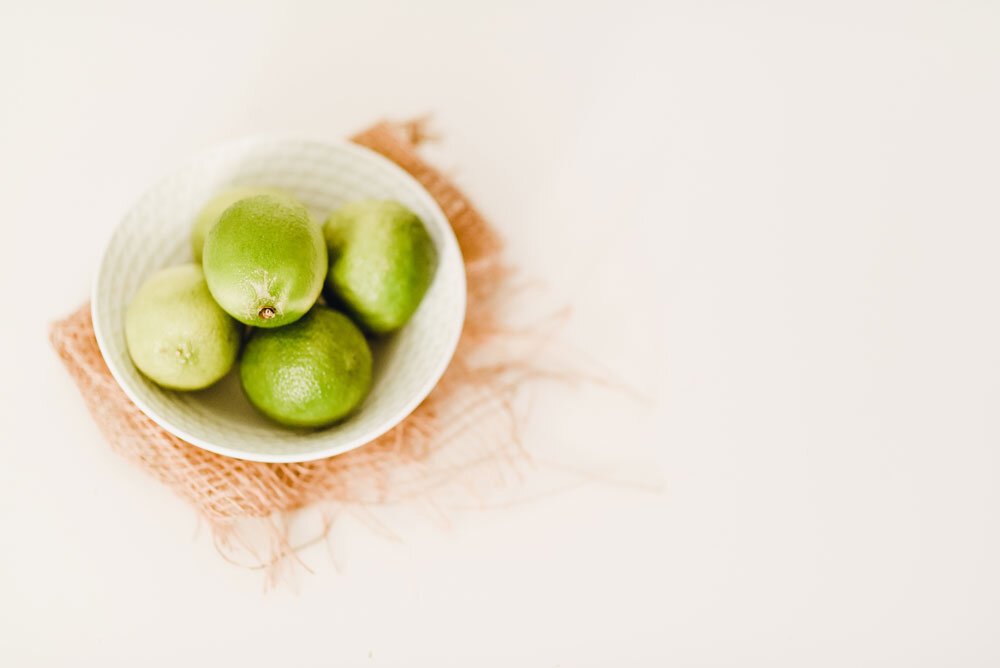Slow Home: Minimising Cleaning Waste

One of the biggest changes I’ve made in cleaning our house over the past few years (aside from my love of vinegar and citric acid!) is to really think about the materials we use, and to start looking at ways of reducing waste.
I'd simply never thought about it before, but when I realised that the dishcloths we used at home were made from plastic and would spend hundreds of years in landfill, I was a bit shocked. It doesn’t seem like a big deal really, but for such a ‘disposable’ item it was entirely the opposite. So I started using compostable kitchen cloths instead and over the years have developed a lifecycle of products that makes a big difference to our waste output.
In today’s poggie Ben and I talk about that lifecycle and how even the simplest of changes is having an impact. Specifically we look at:
Cleaning cloths: We buy compostable dishcloths and use them in the kitchen. Every Monday I wash them under boiling water and then use the cloth to clean the kitchen. Then it’s washed, dried in the sun and put in the laundry to be used as a cleaning cloth. Once those cloths are spent, they get composted.
Tea towels: We buy pure cotton or linen tea towels, and once they’re too old to be used in the kitchen any more (we’re talking years and years here) they’re used as cleaning rags. Again, once they’re spent, they can be composted in our backyard heap.
Vinegar: I wasn’t aware of this when we recorded today’s episode, but you can buy vinegar concentrate (20%) online and dilute it at home. This helps reduce even further the plastic bottles needed for vinegar and something I’ll be doing from now on. (Thanks for the tip, Em!)
ecostore products: We use ecostore dishwashing liquid and laundry powder as they’ve been far superior to any homemade product I’ve tried (give me your suggestions though!) and while some ecostore products come in plastic bottles, it’s actually made from sugarcane as opposed to petroleum. They’re fully recyclable too, and a pretty great compromise for the items I haven’t yet found in plastic-free packaging.
Pot brush: I bought a wooden pot brush recently to replace steel wool pot scrubbers, and while Ben’s not sold on it I’m a big fan. Particularly of the fact it will last for many years, and when it’s spent can be composted.
These changes all seem so small, so insignificant even, that it can be tempting to ignore them. But even the smallest changes have the potential to make a big impact over time, and with that in mind I’d love to encourage you to try this week’s simple action: Buy some reusable, compostable kitchen cloths instead of the plastic ones. Or, if you’re a crafty person, try your hand at either knitting or crocheting a few instead - even better if you can use scrap yarn! You can find links to instructions below.
Enjoy the episode!
——
Head over to iTunes to subscribe to the show and play the episode.
Or you can listen to the show directly, simply by hitting the Play button above. Enjoy!
——

